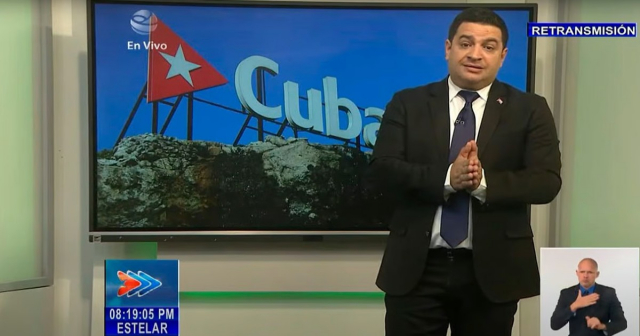In recent times, the Helms-Burton Act has been the subject of numerous interpretations and misunderstandings in addition to lies told by the government of Cuba and its official propaganda machine, especially in regards to its impact on home ownership in Cuba. Enacted in 1996, this US legislation seeks to intensify the economic embargo against Cuba with the ultimate goal of promoting the transition to democracy on the island. But, Does it really contemplate the confiscation of homes from Cuban citizens?.
The Law for Cuban Democratic Freedom and Solidarity, known as Ley Helms-Burton, is made up of four titles that outline the legal framework for the tightening of the US embargo on Cuba. Its main focus is to penalize foreign entities that do business in properties expropriated from US citizens after the Cuban revolution.
Title III: The Key to the Controversy
He Title III It is especially relevant in discussions about property, since it allows US citizens, who were owners of property expropriated by the Cuban government, to sue those who "traffic" with those properties. This term "trafficking" is broadly interpreted as engaging in businesses or transactions that benefit from such expropriated properties.
What Does It Mean for Cuban Homeowners?
It is crucial to understand that the Helms-Burton Act is not designed to directly affect Cuban citizens residing in their homes. It does not contemplate or authorize the seizure of Cuban homes by the United States or any American claimant. The law focuses on economic activity and commercial transactions involving condemned property, not residential property per se.
Practical Implications
In practice, this means that while a home in Cuba that was previously expropriated may be the subject of claims under the Helms-Burton Act, the target of such legal actions would be against entities or individuals who are commercially exploiting the property, not against the residents. current Cubans.
Conclusion: Demystifying Fears
The Helms-Burton Act, with its legal and political complexity, does not seek or facilitate the confiscation of homes from Cuban citizens. Although the law establishes a framework for claims over expropriated properties, its practical application is aimed at commercial and investment contexts. Thus, Cubans who fear for the safety of their home under this legislation can find some relief in its correct interpretation: the law is not a tool to evict them from their residences.
This understanding is essential to clear up misunderstandings and focus public debate on the true implications of the Helms-Burton Act, which is situated in the field of international economic relations and property law, without pursuing direct confiscation of the homes of Cuban citizens.
What do you think?
SEE COMMENTS (1)Filed in:
